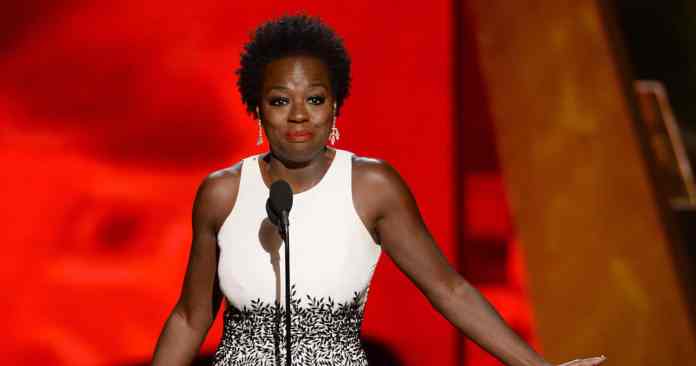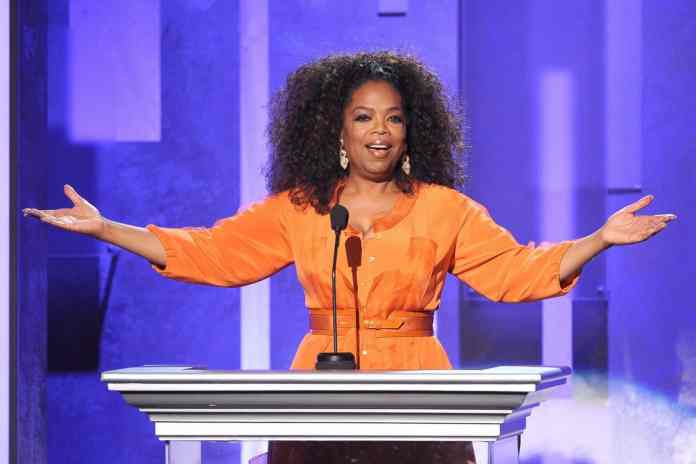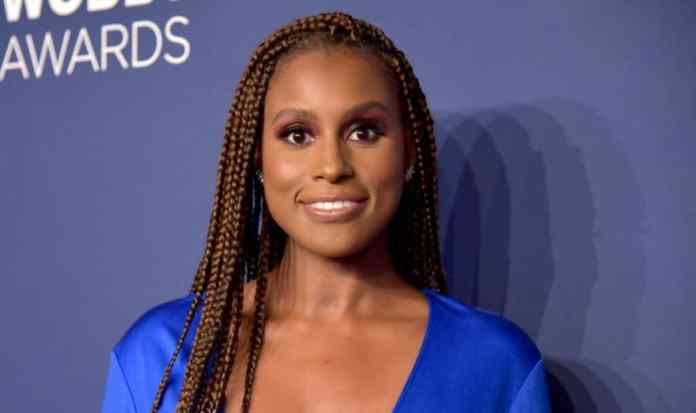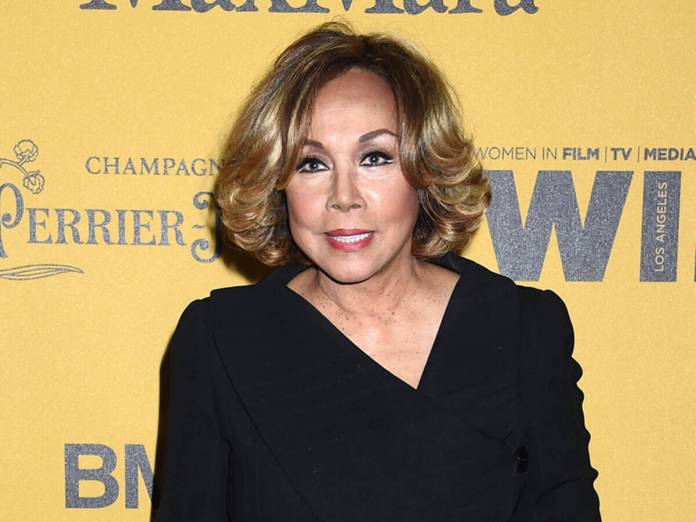
TV has long been a mirror of culture, but it did not always mirror everyone. Black women, in their instance, had to fight to find their niches in an industry that far too often marginalized them or caricatured them. And despite the adversity, they established spaces that were innovative, authentic, and virtually overwhelming. From trailblazing actresses and groundbreaking producers to media moguls and even the power of Black Twitter at large, these women did not appear on TV screens; they revolutionized what TV itself looked like. Here is a countdown of ten of the most impactful Black women to leave an indelible mark on the platform.

10. Zendaya: Youngest Double Emmy Winner for Drama
Zendaya started as a Disney Channel phenomenon, but quickly became one of the most powerful voices of her time. At age 24, she became the youngest woman ever to win an Emmy for Outstanding Lead Actress in a Drama Series—and she wasn’t done. She did it again, becoming the youngest to win twice in Emmy history. Her acting as Rue in Euphoria was raw, revealing, and gut-wrenchingly true, representing addiction and trauma in a manner that brought young Black women visibility on mainstream television, all too seldom. Zendaya showed that even the youngest voice can make history and carry the weight of representation with poise and solidity.

9. Viola Davis: First Black Woman to Win Lead Actress in a Drama Emmy
When Viola Davis stepped onto the stage to accept her Emmy in 2015 for How to Get Away with Murder, it wasn’t a win—it was a starting over. She became the first Black woman to ever take home an Emmy for Lead Actress in a Drama, breaking decades-long glass ceilings. Davis never knowingly auditions. She plays complicated, unruly women who are not caricatures. One highlight was when her character crossed over into an episode of Scandal, alongside Kerry Washington. Two Black women, both leading dramas, standing together in primetime, it was a moment of representation that TV had been missing for far too long.

8. Cicely Tyson: Pioneering Drama
Before “diversity” was a Hollywood buzzword, years ago, Cicely Tyson was demanding respect on television. In the 1960s, she pioneered as the first Black female to star in the lead of a television drama in East Side/West Side, when Black women were only allowed to be maids or extras. Tyson would never take on roles that demeaned Black women, instead waiting for roles that were full of dignity and depth. She even went on television with her natural hair, a bold and groundbreaking step that challenged conventional beauty standards. Cicely Tyson did not act; she redefined what could be done on television.

7. Oprah Winfrey: The Queen of Talk and Media Mogul
Oprah Winfrey’s life is nothing short of remarkable. Having come from a troubled childhood, she built an empire with The Oprah Winfrey Show as its foundation, which she hosted, owned, and produced. Her ownership made her the first woman to be the owner of her own talk show and the world’s first Black billionaire afterwards. Aside from TV, Oprah created her own network, launched careers, started book clubs, and influenced millions of viewers through her blend of empathy and ambition. She repositioned herself from being simply a talk show host to a cultural icon, showing Black women that they could lead, build, and own their stories on the world’s stage.

6. Shonda Rhimes: The Architect of Multicultural TV
Shonda Rhimes didn’t just create TV shows; she built worlds. With Grey’s Anatomy, Scandal, and How to Get Away with Murder, she proved that diverse storytelling wasn’t a niche; it was primetime gold. Her shows had strong Black women leads, complex storylines, and representative casts of the real world. But Rhimes didn’t leave it there. She opened doors for scores of Black actors, writers, and directors to thrive in a business that had long shut them out. Along the way, she transformed network television into something richer, more diverse, and definitively hers.

5. Issa Rae: Advocating True Black Stories
Issa Rae turned awkwardness into art and into legend. She began with her YouTube series Awkward Black Girl and then branched out to HBO’s critically acclaimed Insecure. The series was a breakthrough not merely because it featured a Black woman in the starring role, but because it depicted the complexity of Black friendships, dating lives, and workplace conundrums with sensitivity and humor. Rae has spoken about the imperative for representation both on and off screen, with the details of natural hair, neighborhood living, and cultural signifiers shaping an accurate picture. She even produced a documentary, Seen and Heard: The History of Black Television, to draw attention to the obstacles and triumphs of Black creatives in the industry.

4. Lena Waithe: First Black Woman to Win an Emmy for Comedy Writing
Lena Waithe’s rise has been nothing short of historic. She became the first Black female in history to win a Primetime Emmy for Outstanding Comedy Writing when her very personal Master of None episode “Thanksgiving” won her the award. In her victory speech, she unapologetically accepted the win in the name of the LGBTQIA community, demonstrating that her writing is informed by personal experience and universal resonance. Waithe then stepped up with The Chi, a series featuring richly textured images of Black life in Chicago. By putting authentic Black narratives front and center, she’s rewritten the rulebook on who gets to do it and how.

3. Shaun Robinson: Black Women Media Leadership Advocate
We know Shaun Robinson from her Access Hollywood days, but her influence reaches far beyond red carpets. Robinson has taken pains to leverage her platform for an increase oinBlack women in the media and leadership stages. She’s also an advocate for young girls, forging programs bringing them into STEM careers and media professional roles. Robinson is showing the concept that visibility isn’t just essential for actors or producers, but even for leaders and decision-makers backstage. Her work makes sure that the next generation of Black women can dream and aspire to be in front of and behind the camera.

2. Black Twitter: The Digital Powerhouse for Representation and Resistance
Not a person, Black Twitter deserves its own spot on this list. It’s now a cultural phenomenon that pushes Black women’s voices, pushes back against misrepresentation, and reshapes how television is consumed and discussed. With threads, memes, and hashtags, Black women on Twitter have praised the shows that are getting it done and shamed Hollywood. In so many ways, Black Twitter keeps the “call and response” tradition alive, a cultural heritage of African American history, but updated for social media times. It’s proof that representation is not merely about who gets to be on screen, but who gets to dictate the conversation about it.

1. The Pioneers: Beverly Payne, Diahann Carroll, and More
Before Zendaya, before Shonda, before Oprah, some women boldly ventured into the spotlight. Beverly Payne became the first African-American woman to anchor the news in Detroit, paving the way for other reporters like Shaun Robinson. Diahann Carroll broke ground with Julia, the first show with a Black woman as the lead character, no maids’ uniforms, no stereotypes, just a modern woman raising her kid and living her life. These trailblazers proved that Black women were able to hold down shows, command viewership, and open doors for the generations that followed. Their resilience allowed today’s stars to shine.

Black women have long been at the forefront of television’s most transformative moments, whether by demanding improved roles, creating storylines backstage, or changing the ways people engage with media. From pioneering actresses Cicely Tyson and Diahann Carroll to today’s trendsetters Zendaya and Issa Rae, their work reminds us that TV isn’t entertainment—yet it’s history unfolding. And thanks to these women, it’s a history that is richer, bolder, and more expansive than ever.